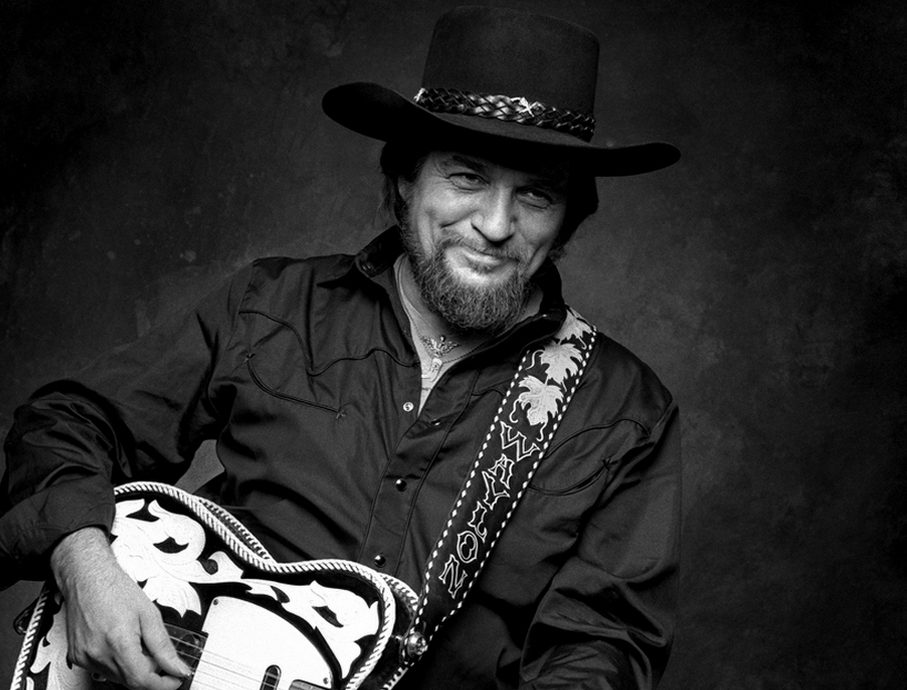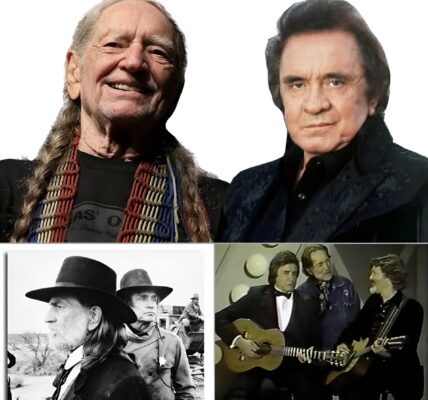
About the Song
Long before Waylon Jennings became the thundering voice of outlaw country, he was a student of music’s deeper roots—drawn to ballads, blues, and old stories passed down through generations. One of the most quietly haunting examples of this is his take on “Dink’s Blues,” a traditional American folk song that dates back over a century, and which Waylon recorded with spare instrumentation and solemn grace.
“Dink’s Blues” isn’t a song you hear in honky-tonks or on the radio—it’s a field recording kind of tune. First brought to light by folklorist John Lomax in the early 1900s, the song originated with African American laborers and prison workers in the Deep South. The lyrics are simple, repetitive, and sorrowful: the tale of a woman named Dink who is left behind as her lover sails away, with no promise of return. It’s a lament, but not a theatrical one—just a quiet, aching farewell.

Waylon Jennings, ever respectful of tradition, approaches this song with restraint. There are no heavy arrangements, no polished production—just his voice, worn and weathered, singing each line with raw sincerity. You can feel the space between the words. You can feel the silence doing just as much work as the melody.
In performing “Dink’s Blues,” Waylon steps away from the spotlight and lets the story speak. It’s a reminder that before the rhinestones, before the rebellion, he was a man who loved a good song—especially one that told the truth in just a few lines.

This track might not be as well-known as his hits, but it shows another side of Waylon: the quiet listener, the keeper of tradition, the voice carrying forward a story that might otherwise be lost. “Dink’s Blues” is the kind of song that doesn’t fade—it lingers.
Video




